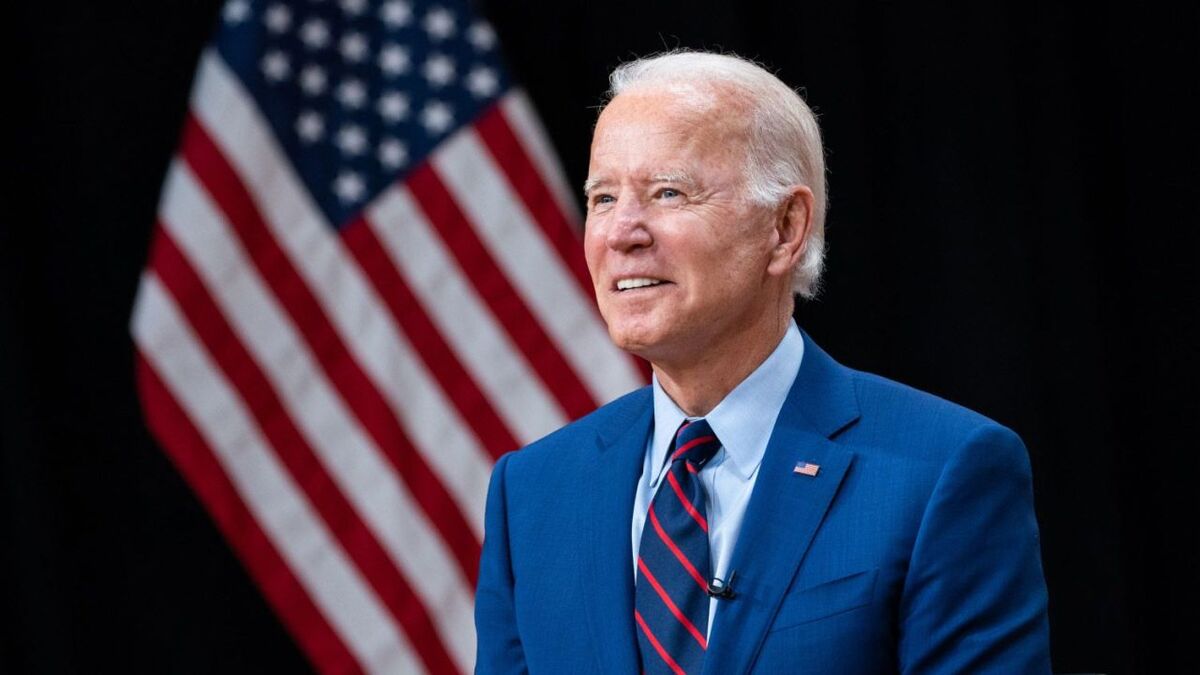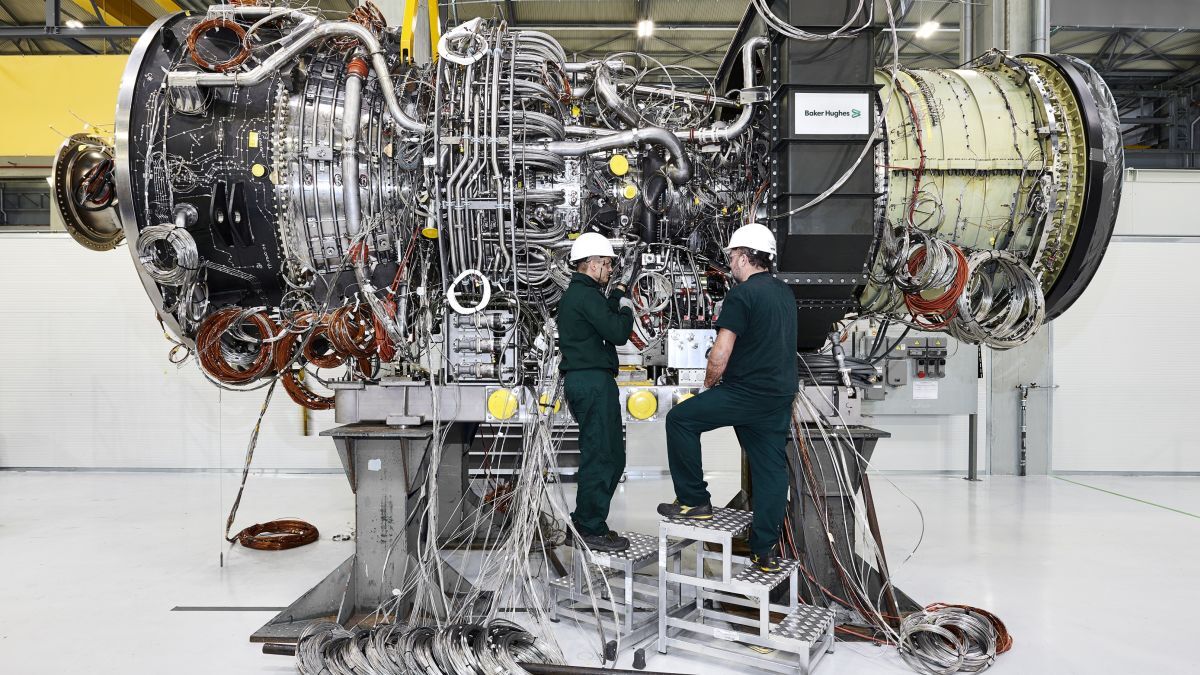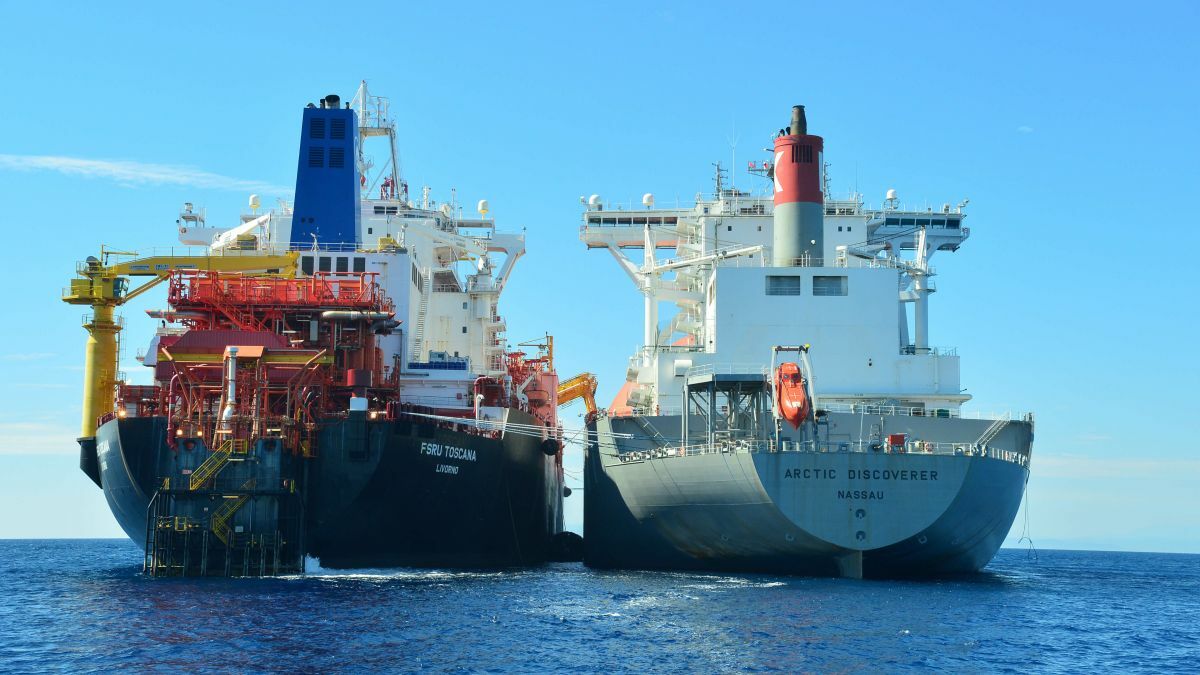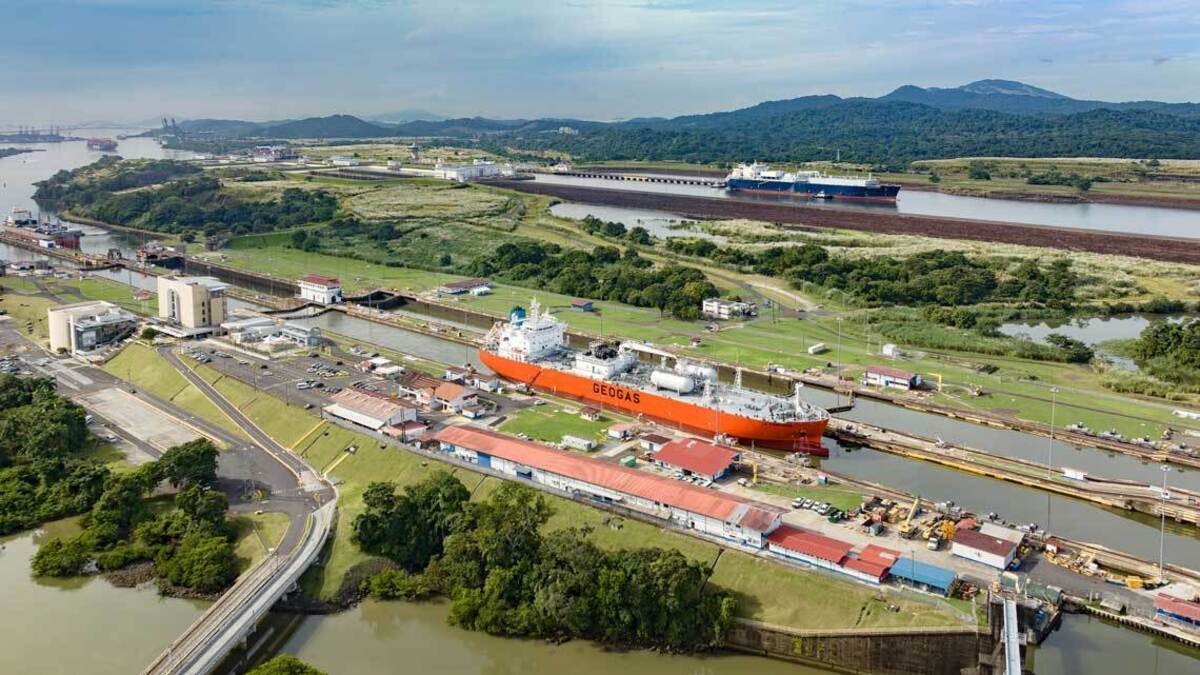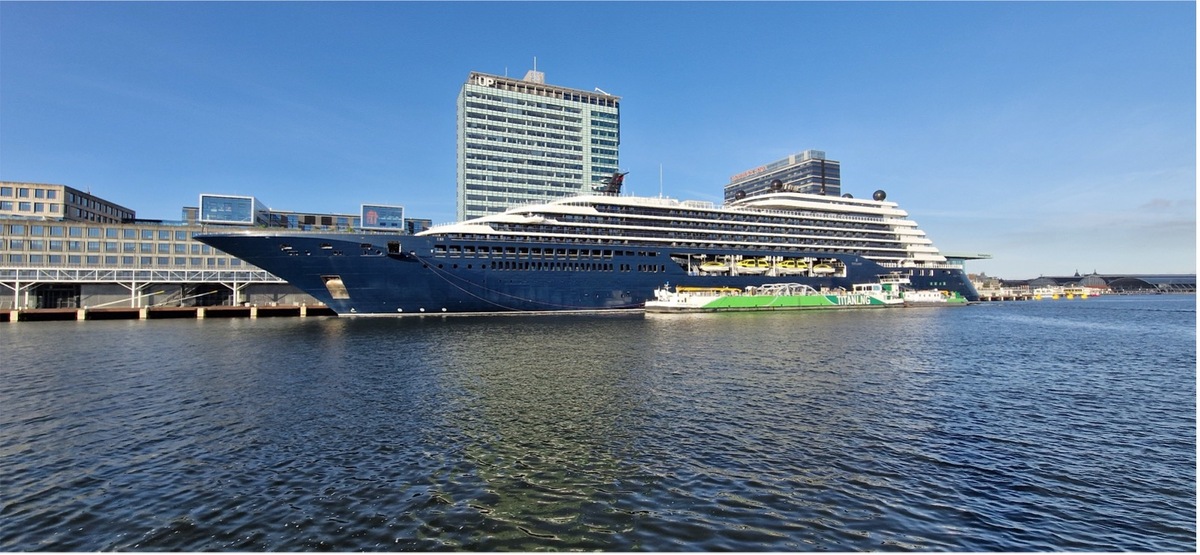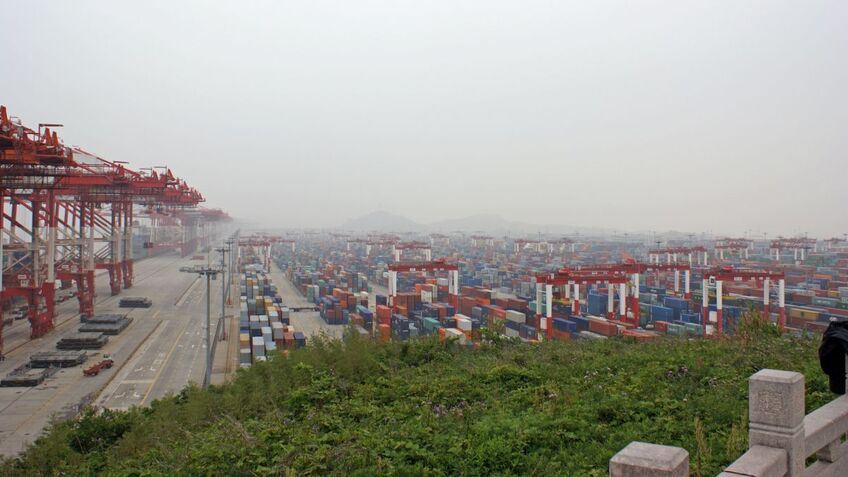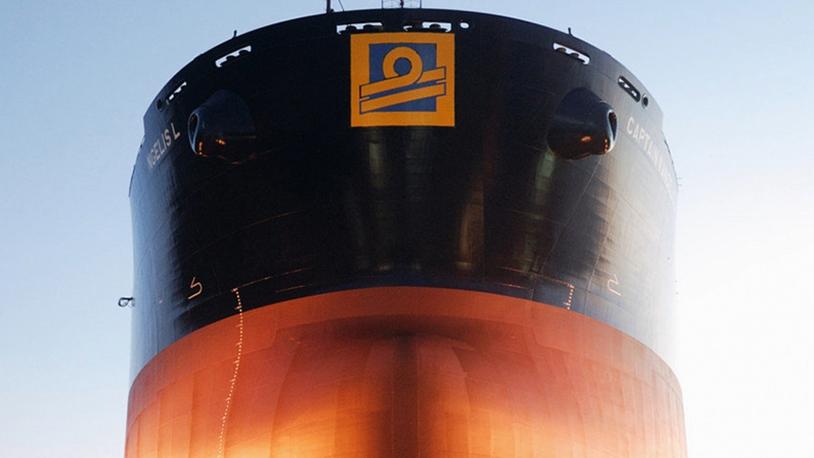Business Sectors
Contents
Register to read more articles.
US dips into reserves to deal with oil price woes
The US Department of Energy has committed to releasing 30M barrels of crude oil from the US Strategic Petroleum Reserve (SPR) as a response to the shortfall in petroleum supplies
This is due to the US ban on importing Russian oil and gas in response to the ongoing Russian invasion of neighbouring Ukraine
This SPR release is part of a co-ordinated effort among the 31 members of the International Energy Agency (IEA). Other IEA member countries have collectively agreed to release an additional 30M barrels of petroleum from their emergency reserves, bringing the total release to 60M barrels or about 2M barrels a day for 30 days.
SPR releases of crude oil can occur under four conditions: emergency drawdowns, test sales, exchange agreements, and non-emergency sales. This is the first emergency drawdown since 2011, when IEA members collectively released 60M barrels to offset the disruption in production of crude after the NATO invasion of Libya.
Since that invasion, there has been a drastic change in oil prices which continued today as investors grapple with the impact the Russian sanctions and economic damage from the invasion of Ukraine will have. Brent oil, which touched US$130 earlier this week, is currently at US$111.14.
The Biden administration is also pressuring domestic shale producers to do “whatever it takes” to increase supply and help lower oil prices.
But oil executives cited significant challenges on the industry’s ability to deliver instantly. At the ongoing CERAweek, Occidental Petroleum Corp chief executive Vicki Hollub cited a lack of skilled labour and other supply chain troubles as reasons.
Further, many of the best shale wells have already been tapped and shale wells decline much faster than conventional oil wells.
At OPEC this week, the group’s secretary general Mohammed Barkindo downplayed OPEC’s ability to plug the gap left in the market and noted that Russian exports are crucial to global oil supply. “There is no capacity in the world that could replace 7M barrels per day” he said.
Russia is the world’s third-largest oil producer behind the United States and Saudi Arabia.
The UAE and Saudi Arabia have spare capacity, however, the Wall Street Journal reported that executives from the two countries declined requests to speak to President Biden. The UAE has since called for OPEC to increase production. Other OPEC+ producers are struggling to meet their output targets due to underinvestment in infrastructure over the last few years, in the case of Iran and Venezuela caused in part by US sanctions on those countries, which limits their ability to drastically lift output immediately.
Sign up now for the Offshore Energy Webinar Week, 22-30 March 2022
Related to this Story
Events
LNG Shipping & Terminals Conference 2025
Vessel Optimisation Webinar Week
Marine Coatings Webinar Week
© 2024 Riviera Maritime Media Ltd.


